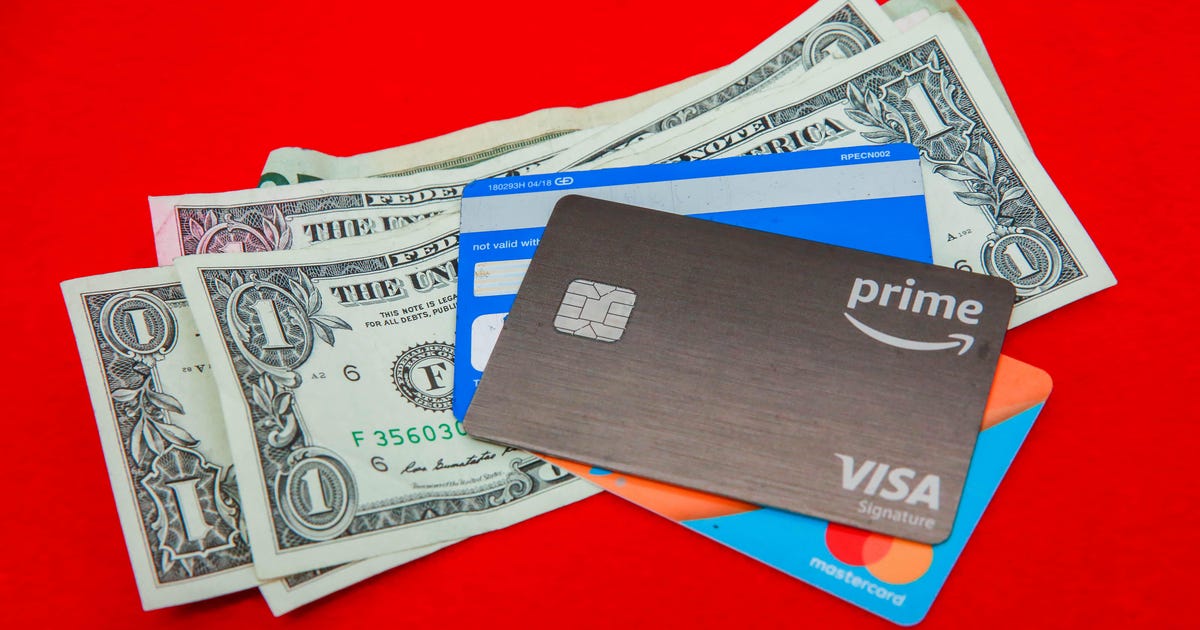Credit monitoring company Equifax recorded inaccurate information credit scores for million American consumers and sent them to lenders between mid-March and early April. Some scores were incorrectly increased or decreased by more than 20 points, affecting interest rate offered by lenders and, in some cases, encouraging them to refuse loan applications.
The error was due to a coding issue, Equifax said in an Aug. 2 statement.and the scores were readjusted.
“Our data shows that fewer than 300,000 consumers experienced a score change of 25 points or more,” Equifax said. “Although the score may have changed, a change in score does not necessarily mean that a consumer’s credit decision has been negatively affected.”
The company added that it was working with the financial institutions that use it “to determine the true impact on consumers.”
The Consumer Data Industry Associationwhich represents credit reporting agencies such as Equifax, Experian and TransUnion, told the Washington Post that obtaining correct credit reports is “primary”.
But, in a January report, the Consumer Financial Protection Bureau, a government watchdog, said the “American credit reporting oligopoly” has shown a tendency to fail to respond adequately when consumers complained about errors in their credit reportswith “serious harm resulting from their flawed financial oversight business model”.
What should you do if you think you were denied a loan because of an Equifax error? We will explain below.
Who was affected by Equifax’s credit report error?
If you were denied credit between March 17 and April 6, 2022 — for a credit card, car loan, mortgage, or other line of credit — it may be due to an Equifax error.
About 2.5 million credit scores were requested by mortgage lenders during this three-week window, according to The Wall Street Journall, but since they usually request reports from the three credit agencies, it is difficult to know what the impact of the error was.
Equifax manages less than 300,000 accounts moved 25 points or more in either direction.
What can you do if you think you were denied credit because of an Equifax error?
Thomas Nitzsche, Senior Director of Media and Brand at International financial managementa nonprofit credit counseling agency, says people who believe they have been wrongfully denied credit should contact their lender to find out if they used Equifax to make a credit decision.
In a statement emailed to CNET, Equifax also encouraged borrowers who believe they may be affected to “contact their lender for more information.”
If your score is found to be incorrect due to the coding issue, you can file a complaint with the lender and the CFPB, Nitzsche said, as well as your state attorney general’s office.
If you are still looking for a loan, you can also request that another credit bureau be used to make the decision.
“They should also document the incident, as I expect a class action lawsuit may be filed,” Nitzsche said.
Financial institutions are also seeking more information from Equifax, the Journal reported, and considering solutions for loan applicants who have been awarded artificially high interest rates or rejected for loans.
You might be able to get a lower interest rate
Those affected by Equifax’s error may not have been rejected for a line of credit, but their interest rate may have been miscalculated.
If you were approved for a line of credit between March 17 and April 6 — “maybe a little earlier to account for the underwriting lag,” Nitzsche said — you may be eligible for a rate adjustment. ‘interest.
Contact your lender and see how they determined your rate. If he was using an incorrect Equifax score, see if you can get retroactive credit for the interest you’ve already paid based on your current rate.
“This is especially true for consumers who are told they’ve been affected,” Nitzsche said.
Check your credit score
Even if you didn’t apply for a line of credit this spring, you should check your credit score regularly for any irregularities. You can check your credit rating with companies like Credit Karma and Mintor often through your bank or credit card.
Americans are also eligible to receive free weekly credit reports from TransUnion, Equifax and Experian. Credit reports contain information about your current credit situationsuch as the status of your accounts, collectibles or judgments and your loan repayment history.
Equifax credit reports can be received by subscribing to a myEquifax Account.

